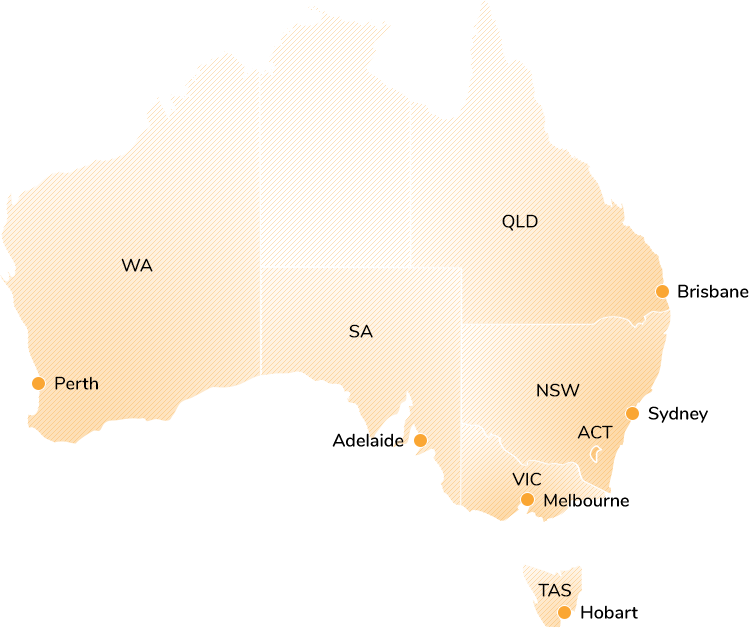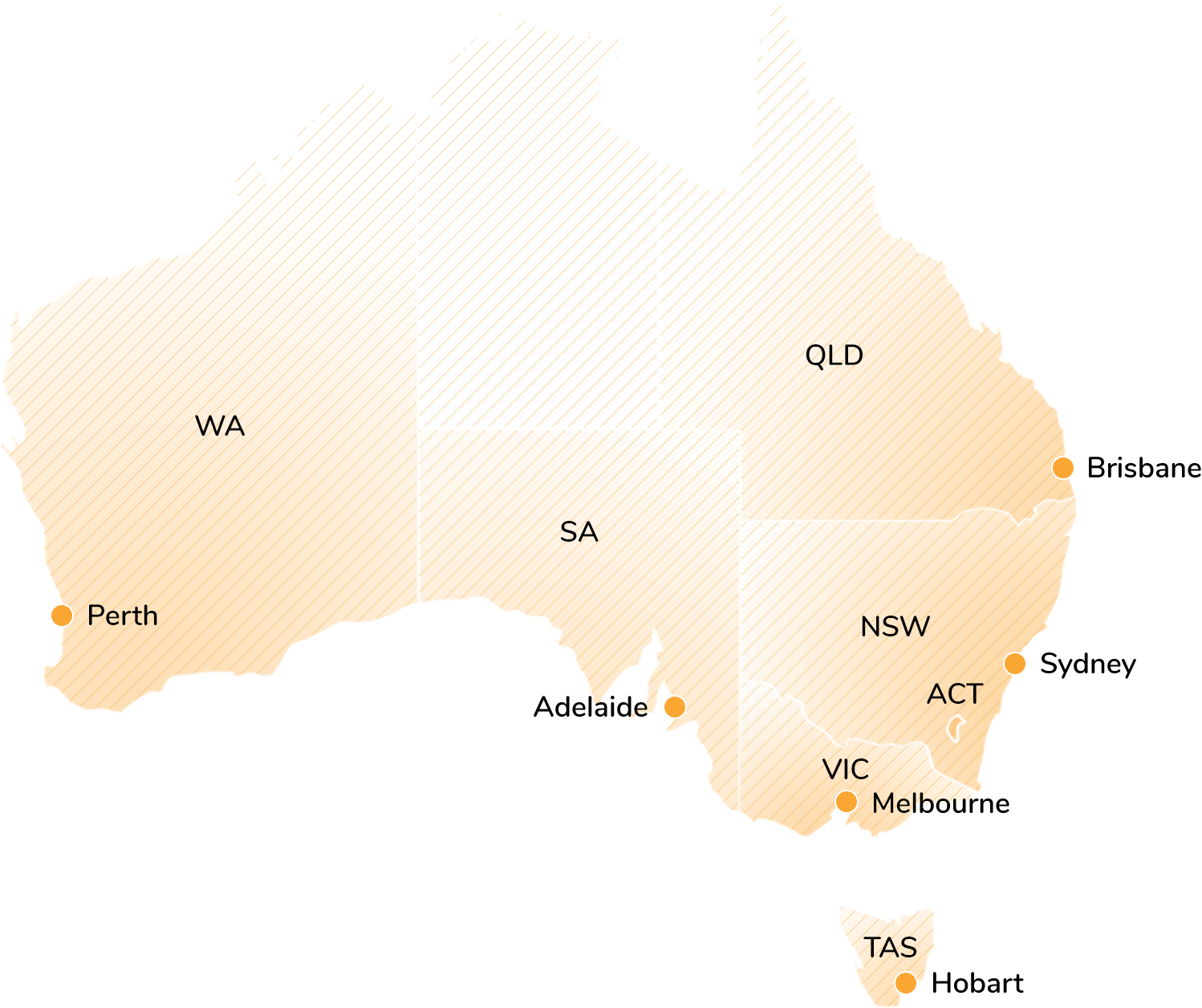Positive Behaviour Support in Bayswater, WA: Meet PBS practitioner Giselle Cholkowski

Looking for Positive Behaviour Support in Baywater, WA? We support NDIS participants in the Perth metropolitan region.



![]() 1300 694 625
1300 694 625

Looking for Positive Behaviour Support in Baywater, WA? We support NDIS participants in the Perth metropolitan region.


Merry Christmas from Dave and all of us at Ability Consultants!


Looking for an NDIS Positive Behaviour Support Practitioner in Adelaide? Click here to get started with PBS in SA.


Find NDIS Positive Behaviour Support in Subiaco, Floreat, Wembley, North Perth and surrounds.


Meet Kim Ottone, Behaviour Support Practitioner on the Atherton Tablelands in Far North Queensland.


Find Positive Behaviour Support in Perth from Vic Park, Morley, and Subiaco to Mandurah, Rockingham and beyond.


We provide Positive Behaviour Support on the Sunshine Coast from Caloundra and Mooloolaba to Noosa.


We're excited to welcome four new positive behaviour support practitioners to our team in Wollongong!

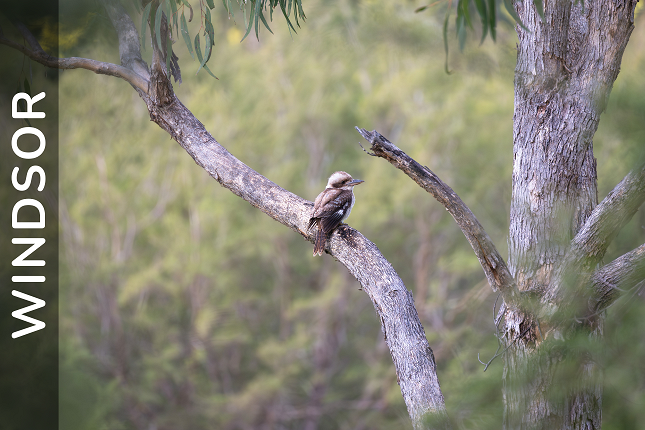
We support NDIS participants in Windsor and the Hawkesbury region. Learn more about behaviour support near you.


We talk about Positive Behaviour Support in the Southern Highlands, autism, parenting and advocating for carers.

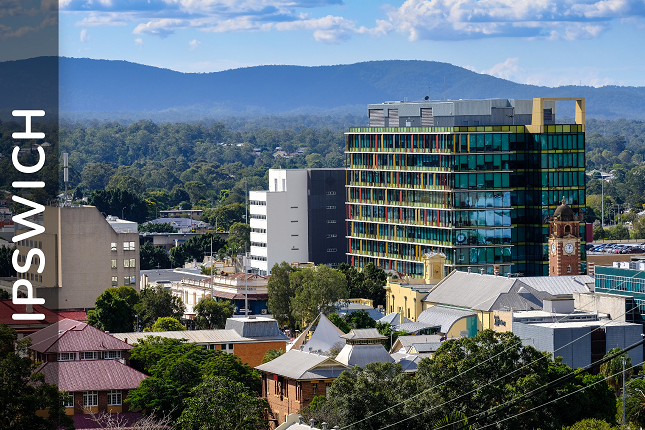
Find Positive Behaviour Support near you in Ipswich, Queensland.


Find out how to get started with Positive Behaviour Support or Psychology in Hervey Bay, QLD.


Need a Positive Behaviour Support plan in Cairns? Click here to find out what to expect in your PBS plan.


Find Positive Behaviour Support near you in Queensland — find out how to access PBS in Brisbane, rural and remote QLD.


We can help you with Positive Behaviour Support in Moreton Bay, from Strathpine to Kallangur, Caboolture more.

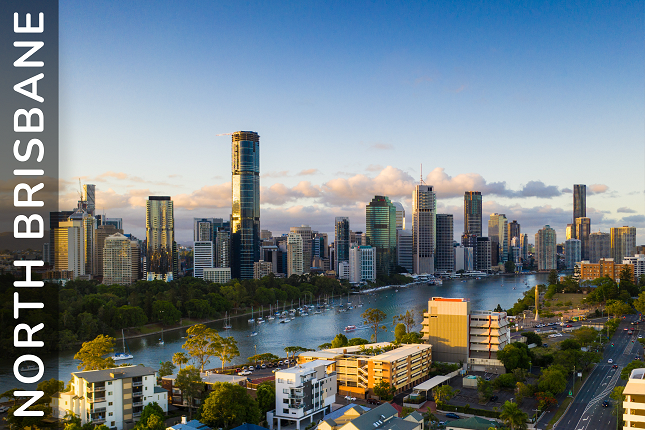
Meet your local PBS practitioner in Chermside and learn more about Louise's dedication to embedding inclusive practices in the education sector.


Meet our PBS practitioners supporting NDIS participants in the greater Brisbane metropolitan area and surrounds.


Meet your local behaviour support practitioners in Newcastle, Lake Macquarie and the Lower Hunter, NSW


Get started with Positive Behaviour Support in South East Melbourne, from Richmond and Fitzroy to Mount Waverly and Dandenong.

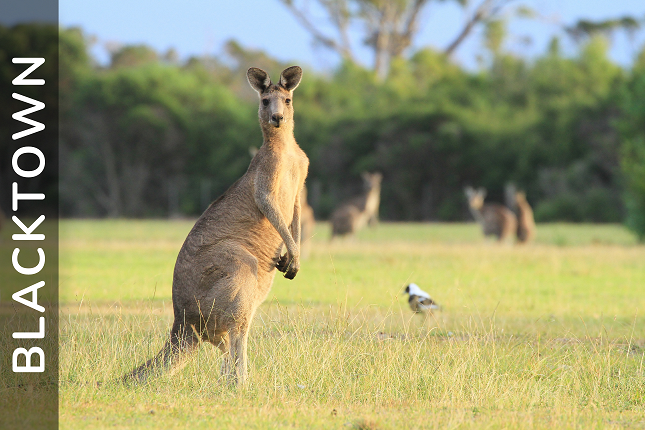
Find Positive Behaviour Support throughout Blacktown, from Seven Hills and Quakers Hill to Mt Druitt and Schofields.


Learn more about accessing Positive Behaviour Support in Liverpool and Sydney's South West.


Looking for Positive Behaviour Support on the Northern Beaches? Click here to lread about your local PBS practitioner.


We provide Positive Behaviour Support throughout the Brisbane metropolitan area and regional Queensland.


How does Nikki's experience leading disability day programs shape her work as a behaviour support practitioner?

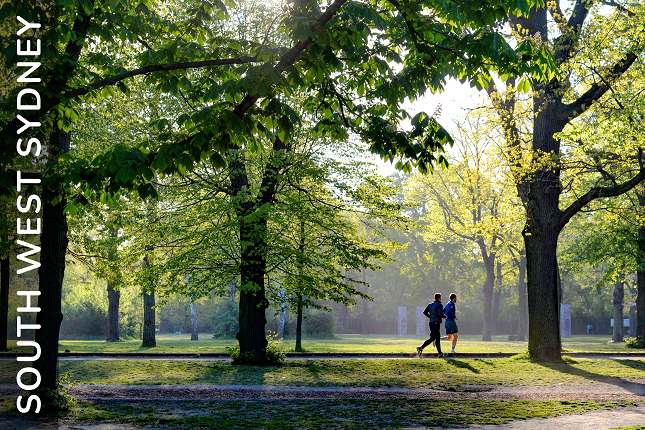
Find out how to organise a Positive Behaviour Support Plan (PBSP) in South West Sydney and the areas we provide support.

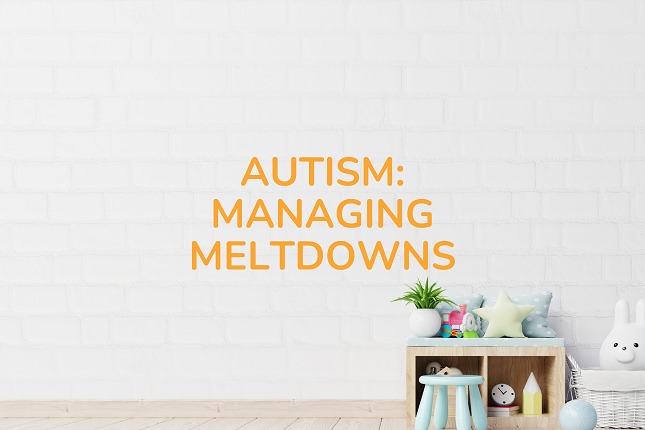
What to look for, 10 ways to help and how Positive Behaviour Support can help children on the autism spectrum.


We improve quality of life through easy access to Positive Behaviour Support in Blacktown, Parramatta and Penrith.


Find out how Joanne's special education experience shapes her approach to Positive Behaviour Support.


She's a harp-playing social worker learning AUSLAN and braille; she said "I love what I do and I do what I love."


We've grown from humble beginnings in Sydney to supporting NDIS participants in every state of Australia!

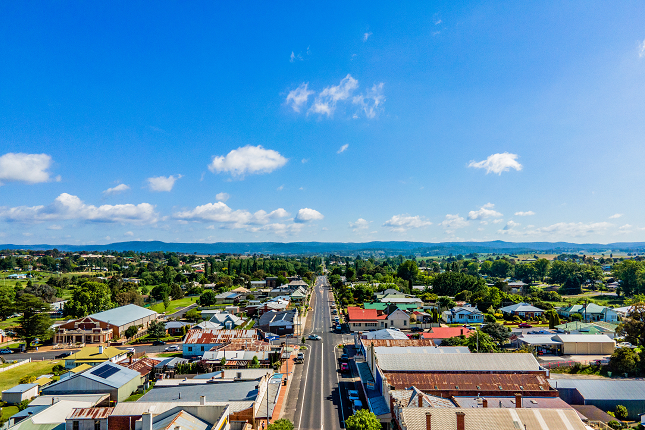
In our Q&A with Alex, we talk about orchards, sheep dogs, life in Stanthorpe and how PBS can help with Autism and PTSD.


Merry Christmas from Dave and all of us at Ability Consultants!


Get to know our PBS practitioners in Mudgee and Dubbo, Central West NSW!


What's in Dubbo? Horses of course! Learn about Candice, her work as a PBS practitioner and her love for horses.


Find out how you can benefit from positive behaviour support in Bundaberg!

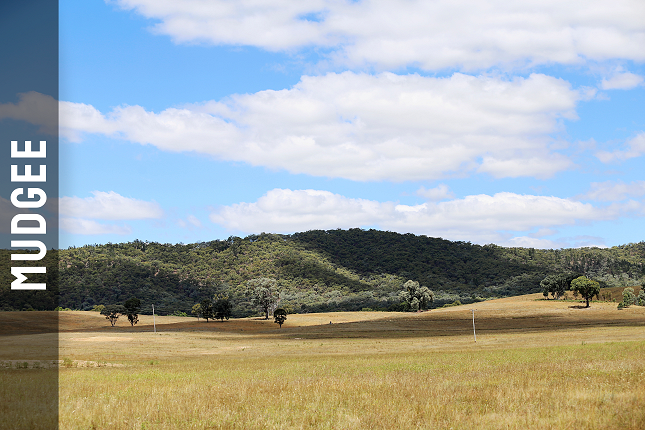
Central West NSW, we've got you covered! Find out about positive behaviour support in this interview with Hayley McRae.


We talk about special ed, psychology, life in Cairns and creating change through Positive Behaviour Support.


Thanks to Jess McGuire from ABC Western Plains for taking the time to speak with us about PBS in Central West NSW.

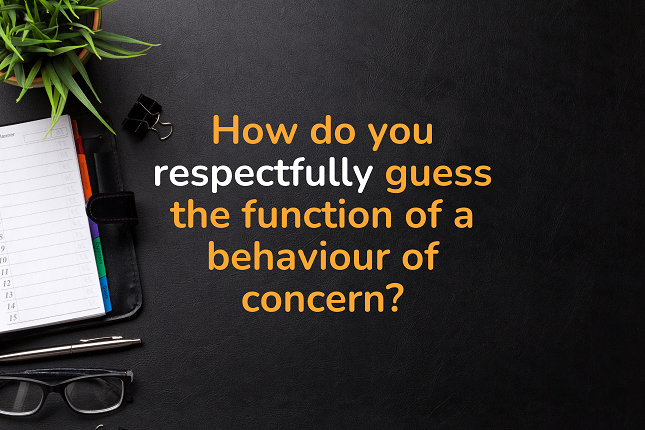
We talk about EATS and give you tools to help you as a PBS practitioner.


Part of our mission is to make PBS easier to access around Australia and we're excited to be supporting you in Cairns!

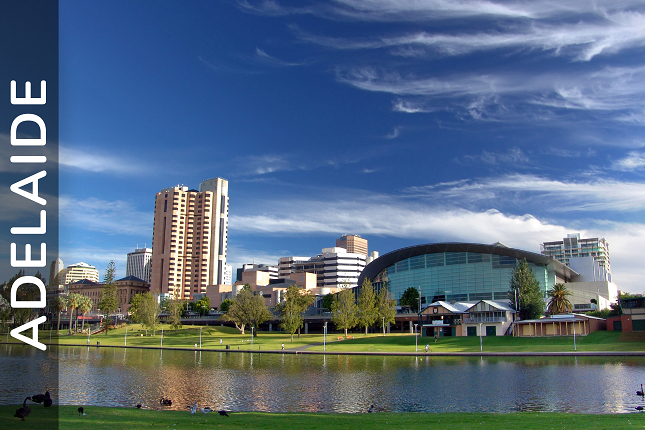
Positive Behaviour Support in Adelaide just got easier to access! Click to find out if PBS is the right fit for you.

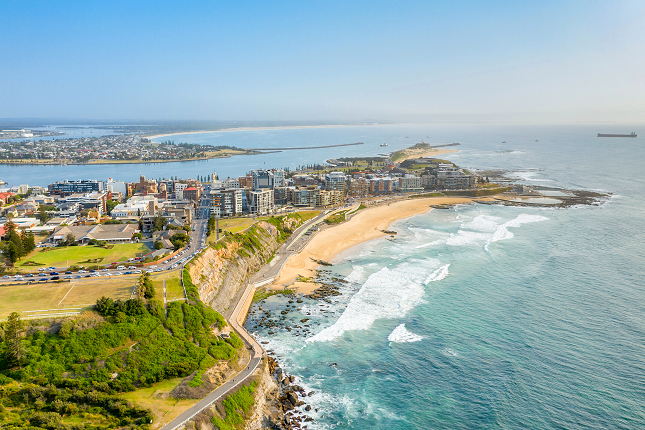
Meet our PBS Practitioners Alex, Brett and Liss at the Hunter Disability Expo 12-13 May!


We'll be at the Melbourne Disability Connection Expo to answer all your Positive Behaviour Support questions!


Find out about PACER and how a career in mental health can prepare you for working in Positive Behaviour Support.


We talk about education and Positive Behaviour Support rt in Perth, as well as Kings Park and WA Museum Boola Bardip.


We’re making PBS easier to access in Wollongong with the help of behaviour support practitioner Emma Fumini.


Meet Alex Lee, who joins our team as a Behaviour Support Practitioner in Newcastle, NSW!


Positive Behaviour Support in Melbourne is now easier to find, with our team expanding to Victoria!


We’re on a mission to make positive behaviour support easy to access and we’re pleased to introduce Brett in this Q&A!


Check out our Q&A with positive behaviour support practitioner Julie Lyons!


If you're looking for positive behaviour support in the Northern Rivers region, you'll want to check out this interview.


AGOSCI advocates for people with complex communication needs. Read Ross's highlights from the 2022 AGOSCI conference.


We’re on a mission to make positive behaviour support easy to access in Australia.


Meet Belinda at the Regional Disability Expo on October 7th!

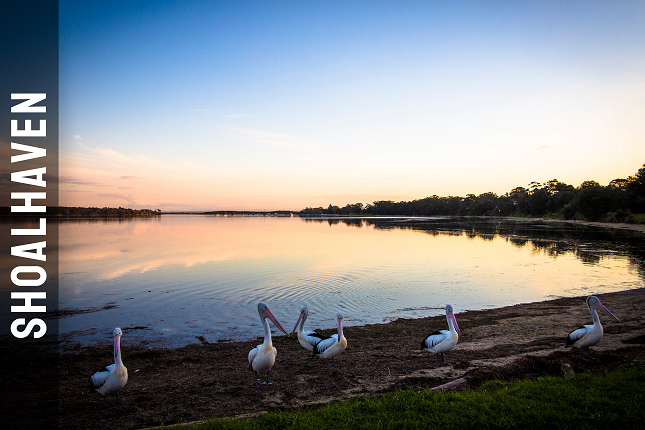
We'll be answering all your positive behaviour support questions at the Shoalhaven Disability Expo this September.


Stacey talks about the impact of behaviour support and shares her career highlights in the disability sector.


AGOSCI? What is AGOSCI? How does it relate to positive behaviour support and disability support? Find out here.


Join us as Ross shares exciting news for Behaviour Analysts in Australia and highlights from the ABAA Conference.

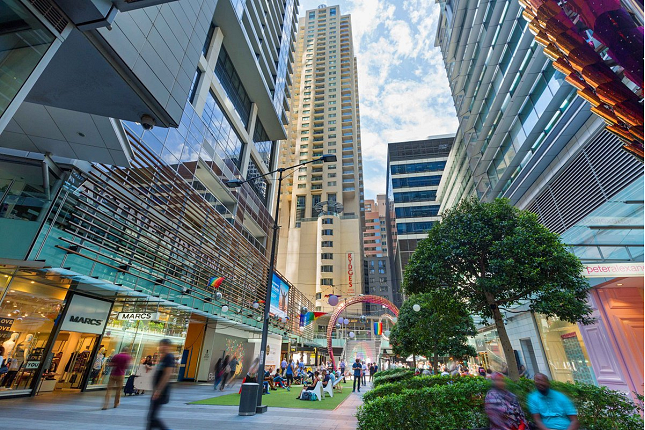
The ABA Conference is a valuable opportunity to to hear from leading ABA professionals and academics in Australia.


This June, you’ll find us at the Gold Coast Disability Expo at the Gold Coast Convention and Exhibition Centre.


If you’re an NDIS participant and you’d like to see a psychologist, read this article to find out how psychology can help you and what your support will look like.


Kathy is one of our incredible psychologists based in Western Sydney. We sat down with Kathy to find out more about her work and her approach to PBS and psychology.

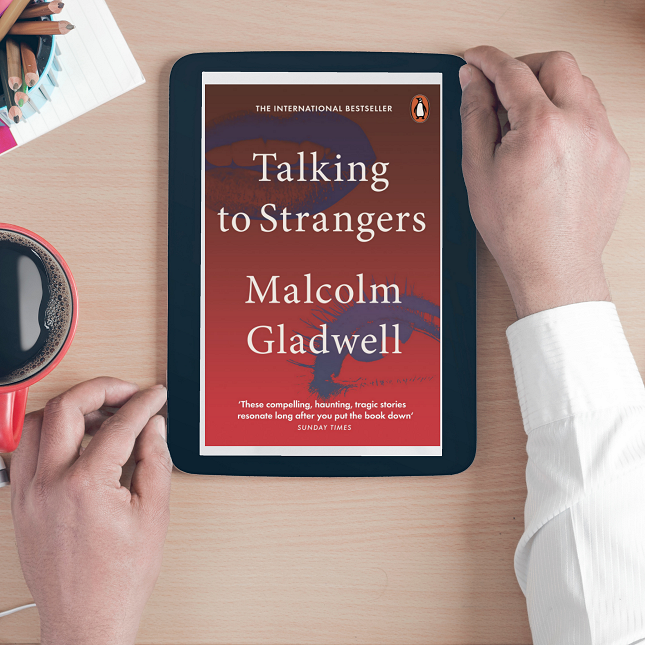
At Ability Consultants we have spent a whole bunch of time and effort thinking about and building a structure around what Positive Behaviour Support is and can be. We focus on the who, what, when and how we can deliver better support, better plans, better strategies. That’s what excites me about work in this team – we care about what we do.


Merry Christmas!
Wishing you a peaceful, and joyful festive season, from all of us here at Ability Consultants.
David Ackling-Jones
CEO.

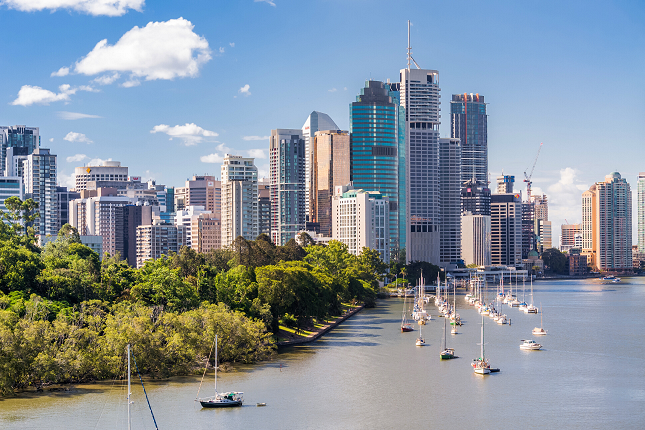
We're a registered NDIS provider in Brisbane and Sydney. We can support you with positive behaviour support and psychology. We met with our Queensland Team Leader, Belinda Thurlow, to find out more about providing support to NDIS participants in Brisbane.

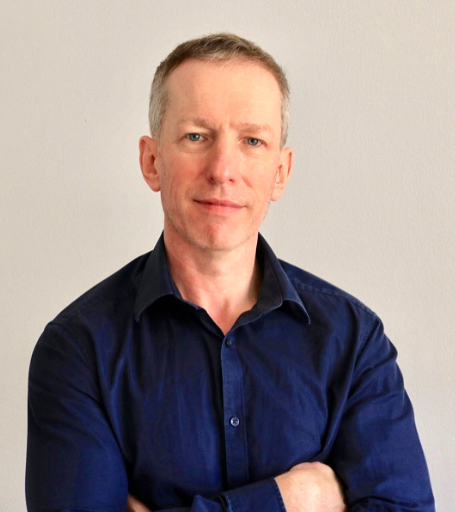
David, thank you for joining our team of behaviour clinicians 12 months ago. We were blessed to witness your strength of character, incisive mind, and humility. You left us feeling that our thoughts were intrinsically valuable and that you were always learning, even from us. We will forever be honoured to be a part of your team.


Recovery Coaching and Positive Behaviour Support can be powerful allies in making life better for people. As specialist therapists we are eager to refer to and support any organisation or practitioner who is providing person-centred PRC.

Meet Maurie Voisey-Barlin!
Moz is a Creative Engagement Specialist. He's the inventor of Window Therapy and founder of the Outside-In Collective.
During the Covid lockdowns, he was told he couldn't visit his Elders. So he started performing interactive 1:1 sessions through people's windows.
A must-read — click to read more.
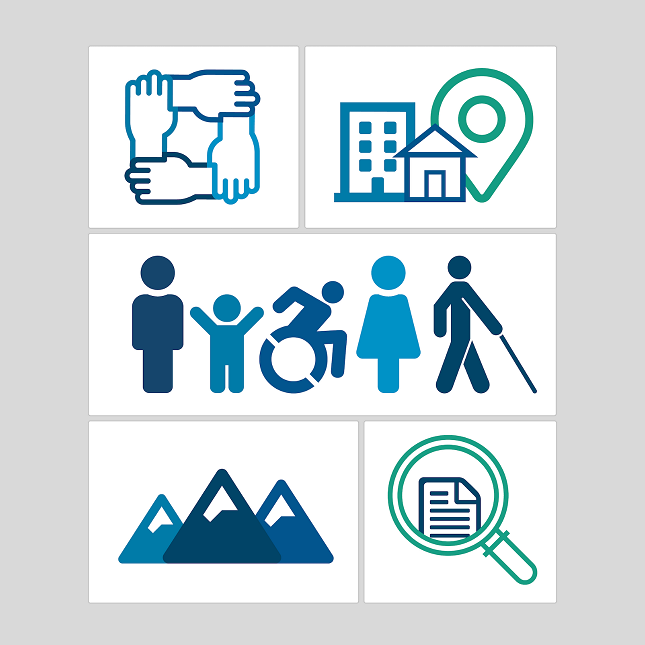
I work for the Summer Foundation’s Sydney Housing Matching Team. Our team is focussed on meeting NDIS participants who could be eligible for Specialist Disability Accommodation (SDA) funding from the NDIS.
I am also a family member of someone who needs significant support in their home. Putting my family member hat on for a moment, I have reflected on the lack of opportunity prior to the NDIS and the hard slog of trying to create something out of nothing. What an incredible privilege to meet people now and have new possibilities to offer.
Are you a person who may benefit from learning more about housing and SDA?
Do you work with individuals or families who could connect with us?
People with disability, families and carers in Sydney and NSW can contact me directly at [email protected] or 0455 110 678.

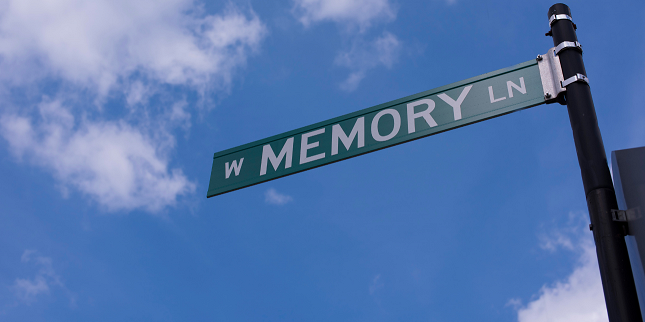
When I first received an invitation to view the film ‘Crip Camp’, I was a bit put off by the name. However, as it was the beginning of the disability rights movement and the independent living movement in the United States, and the relationships and shared determination of the people who first met at Camp Jened in the ’60s and early ’70s, I decided to go ahead and watch it.
The movie that was only put together this year brought back many memories of my own involvement, over the years, with people with disabilities and their struggle for rights and to have the same opportunities to live life like everyone else does.


How often do we make assumptions about people from just looking at them or allow other people's opinions to cloud our judgement?
This continues to happen throughout life - in our personal lives, work situations, with our parents, family and friends, at school as students or as parents, and of course the influence of the media and politics.
You may have experienced a new boss and being told by others that they are difficult and unfair and then finding out that in fact you get on really well, share similar values and find them a pleasure to work with. Can you relate to being an anxious parent standing in the playground at the beginning of a new school year waiting to see who your child gets as their year two teacher? Hearing the name of the teacher that many have warned you about, and then, your child’s name is called out and you dread the coming year, only to find that your child really loves being in that teacher's class and thrives throughout the school year.
How many times, when asked what sort of work you do and you say that you work with people with a disability, do you get the response ....”oh you so good, you must be so patient, I could never do that”.
Click to read more.

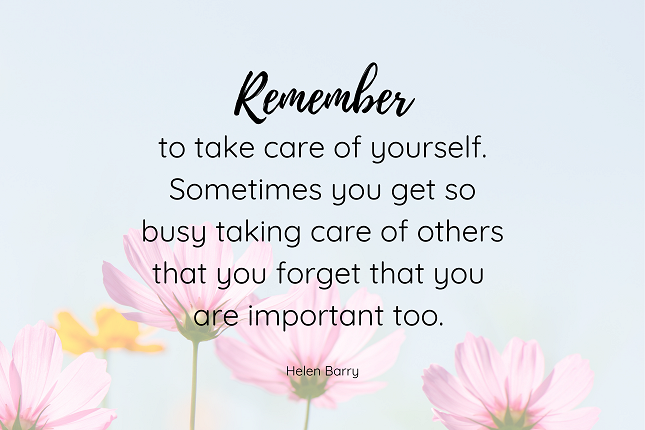
As a carer you need to firstly care for yourself!
For some of us, during Covid 19, practicing social distancing and only going out for essential trips, life became a lot simpler. But, as a carer, particularly of someone who may not understand why this is happening, I can only try and imagine how difficult and demanding this must be.
All people in a caring role are heroes. With day programs and supported employment programs disrupted, all carers have been finding the current arrangements particularly challenging. Those employed by organisations providing accommodation service as carers have often found themselves in the situation of having all the clients at home 24/7.
Carers who are looking after a loved one within the family home, are not provided an opportunity to have any or much ‘me’ time. It is very important for these carers to look after themselves so that they remain healthy and able to continue in that very special caring role.
You might have found some of the other blogs on our website, about activities useful in finding some things that spark an interest in the person you care for. If you haven’t, take a look, you might even find some of these could be beneficial for you.
I know it’s hard: when you get the opportunity to have a few minutes to yourself, you are probably using it to do housework, laundry, cooking or shopping.
IT IS SO IMPORTANT to take some time out for yourself

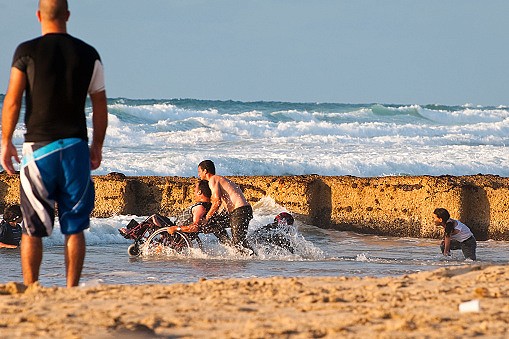
I continue to marvel at the resilience of the people we support.
Over the past 40 years working in the disability sector, I have watched, particularly in group homes:
WOW… I wonder how I would cope? How would you cope?


As the saying goes…”it’s not rocket science”
Being able to communicate, socialise, participate in meaningful activities and enjoy physical activity are essential for a good and satisfying life.
I have worked in the disability sector for a very long time, mostly in Government. Whilst I recognise that much of what went before the NDIS was certainly not perfect and that a lot of people seemed to get a rolls royce service, I do believe that there was an ability to try and get it right for clients and that clinicians advice was respected, particularly when it came to clients with challenging behaviour. It wasn’t always easy to get support or funding, however there was a better understanding of the reasoning and the experience of the cost long term if resources were not funded adequately from the start. There was also an ability to provide uninterrupted service.
Over the past 2 years working in an NDIS environment managing a team of clinicians, therapists and case managers the pain points seem to be many.


Doing new things is good, but we didn’t know what the hell we were doing when we started all this.
We were overwhelmed with the complexities of the NDIS. We had to adapt our practice to the new technical environment. We are people-people, not techies.
We realised most people feel the same way. Being behaviour technicians, at least we had the advantage that we love data.
So, we built our own software. And it worked.
We now run our whole organisation on it. It talks to the NDIS, so we can focus on serving people. It’s allowed us to grow.
(We have used a great app builder called Appsheet to create our administration tools on the fly. We highly recommend it.)
But, the software is grounded for maintenance today. It's Mothers Day and we're busy debugging the software, instead of playing with family.
Our aircraft will fly better when we wash the bugs off the windshield. We’re chatting with some developers who'll help with this ongoing job. Just need to let it go.

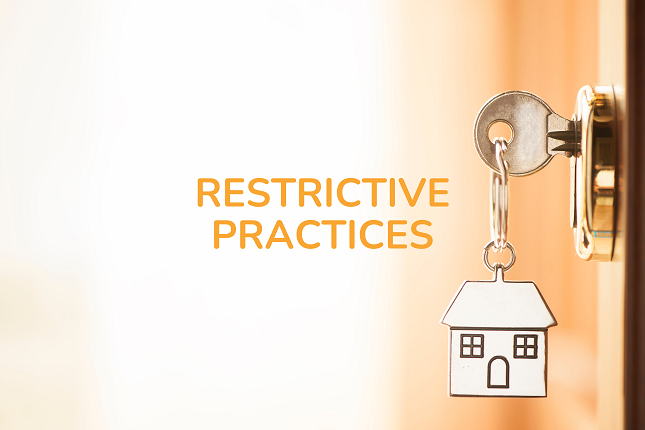
A great new resource came out this week for people with Restrictive Practices.
When the NDIS safeguarding laws arrived in July 2018 there was a lot of reading to be done.
Finally... here are your Cliff Notes on Restrictive Practices in NSW. Thanks, FACS!
Watch this video and in 4.5 minutes, you'll know what a Restrictive Practice is, and what you need to do.
Sneak preview: you'll need a registered behaviour support clinician to write an Interim Behaviour Support Plan, and you'll need to do this within a month if there is a Restrictive Practice.
If you are in the greater Sydney area, please make an online referral today and we will see you in less than a month.

Join to keep up to date about our services, news and articles.

Want to learn more about our services or how we can help you?
We’d love to hear from you.
Ability Consultants is a team of Behaviour Support Practitioners who work with clients all across Australia through virtual and in-person means.
![]() Virtual (telePBS)
Virtual (telePBS) ![]() In-person
In-person
